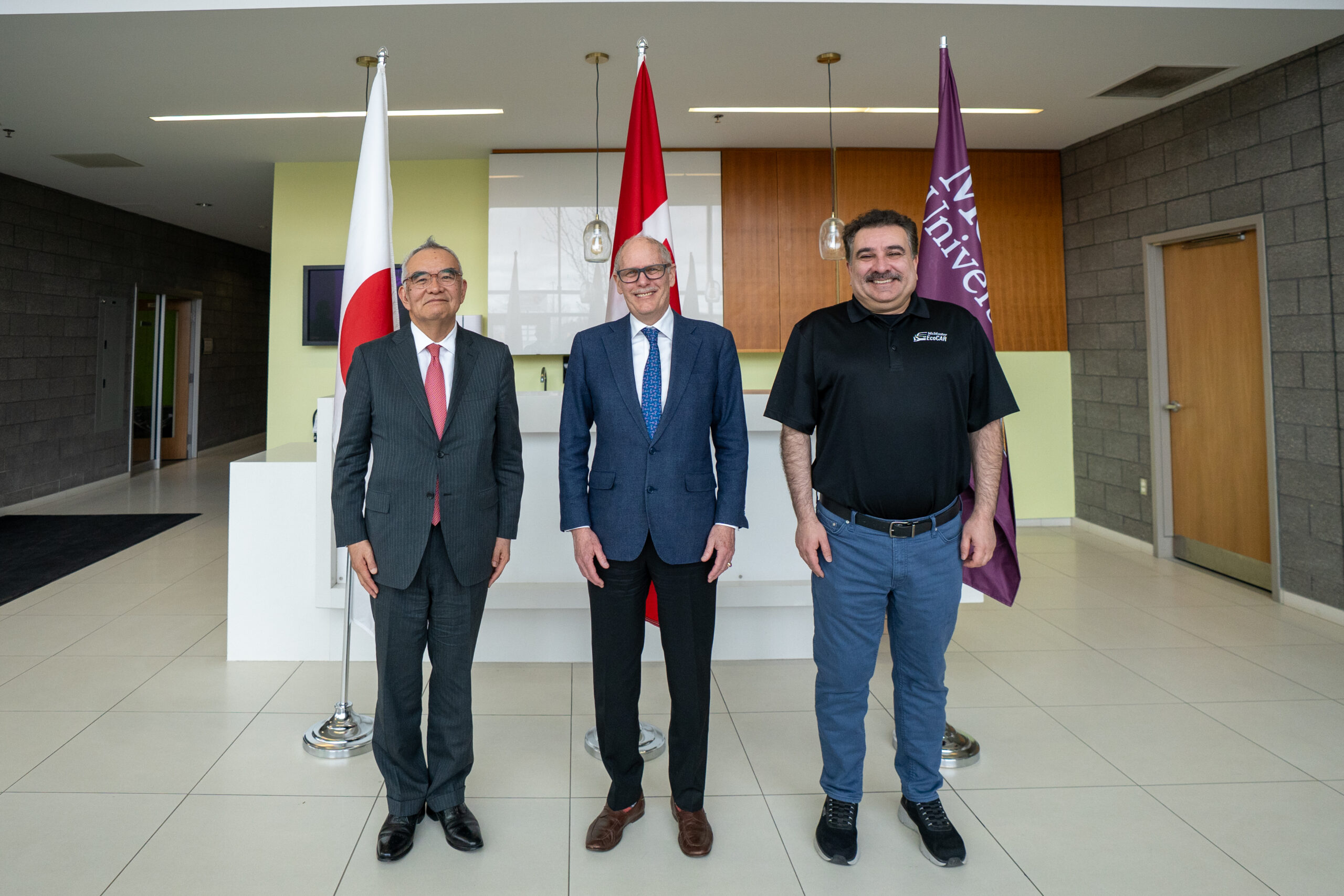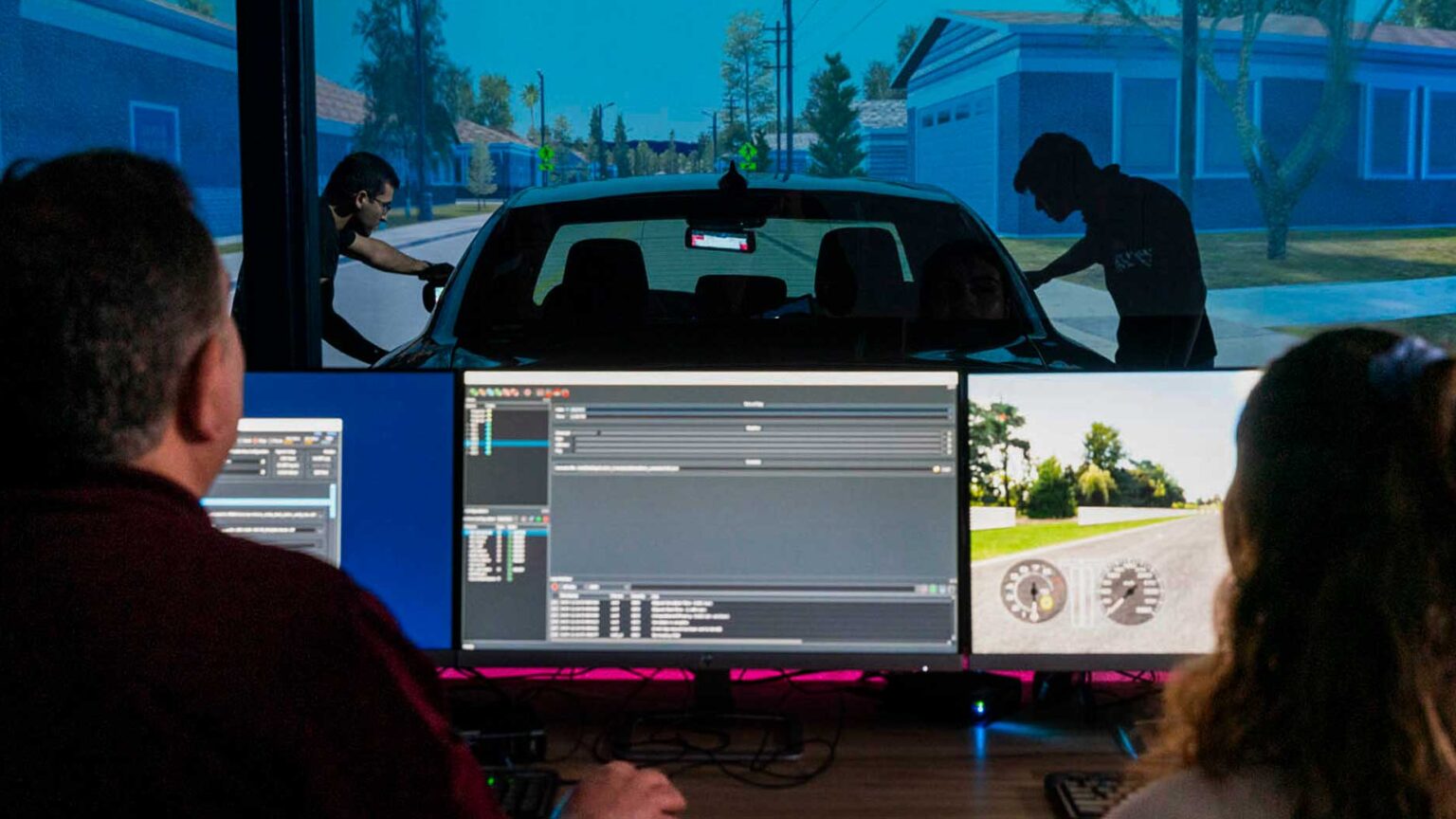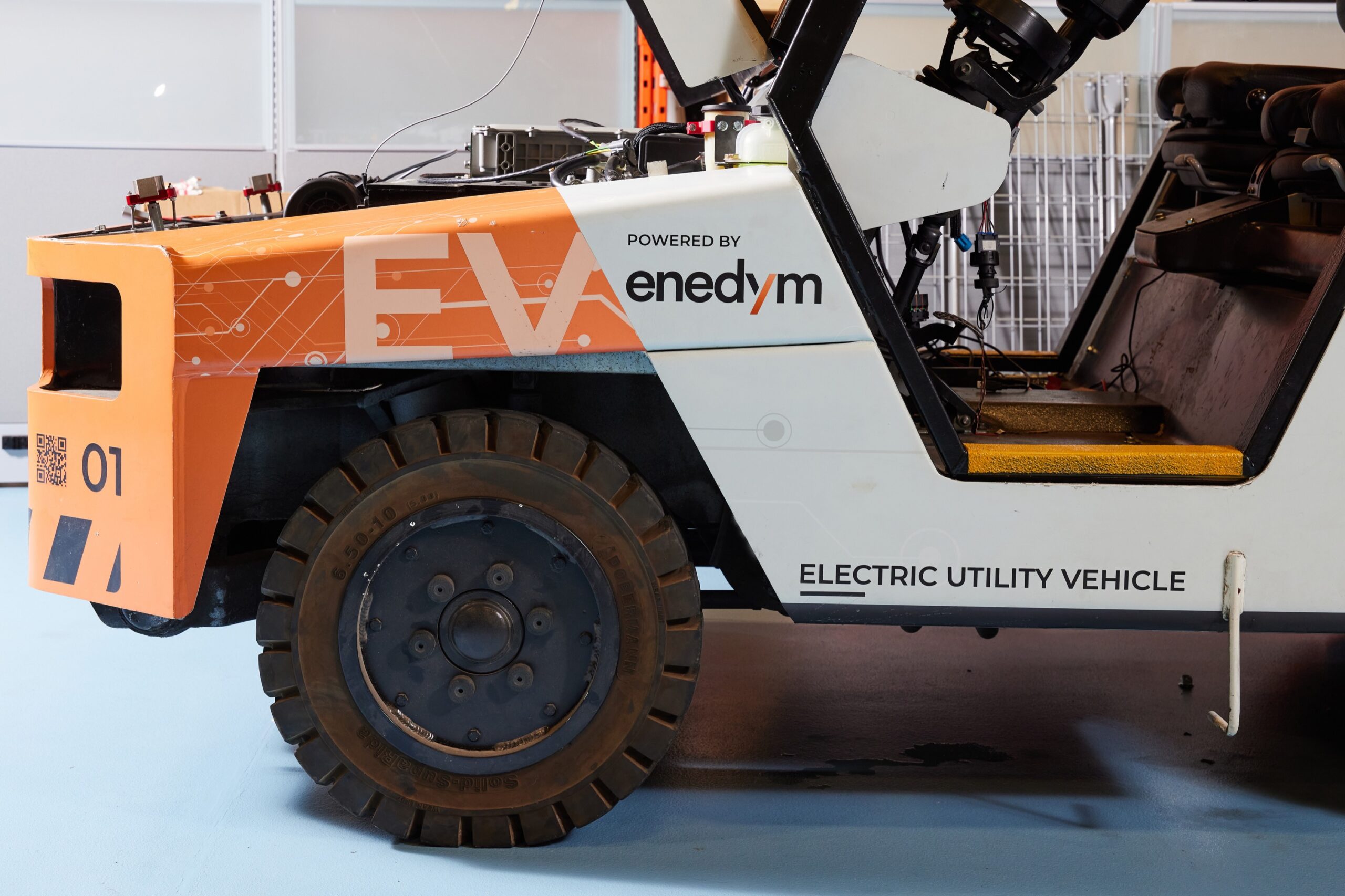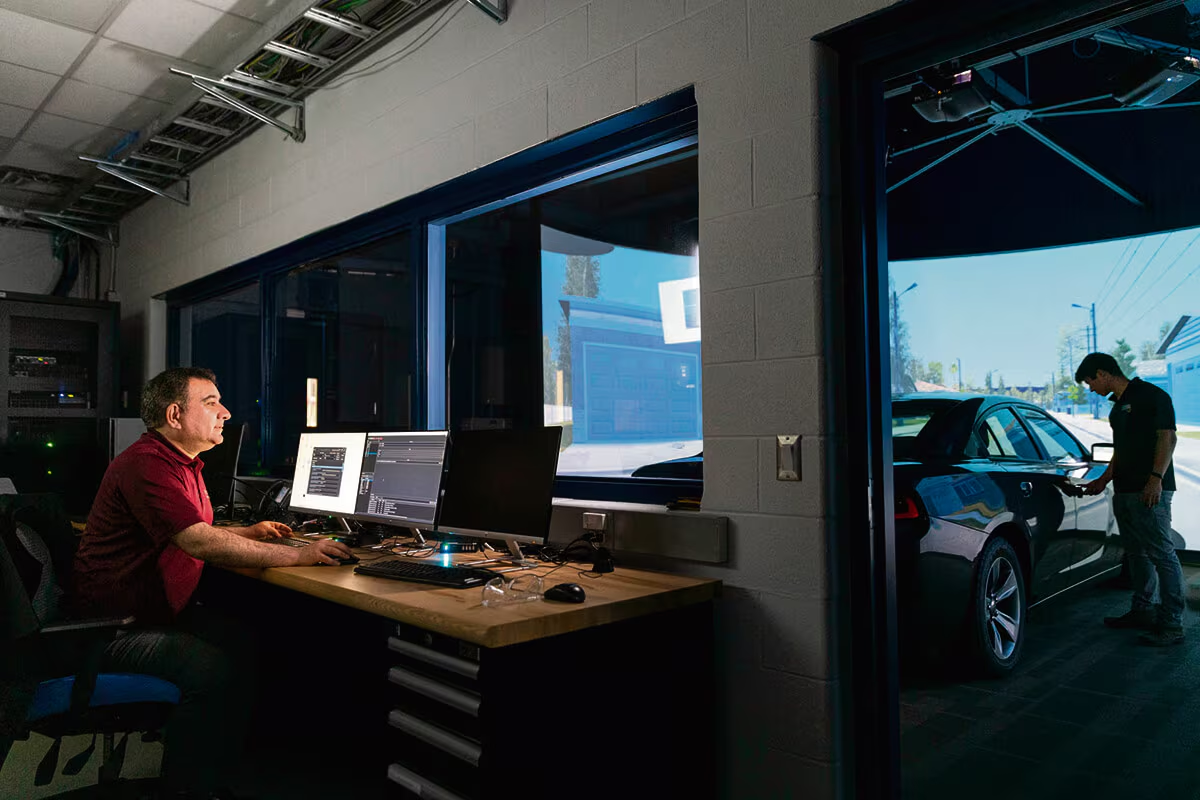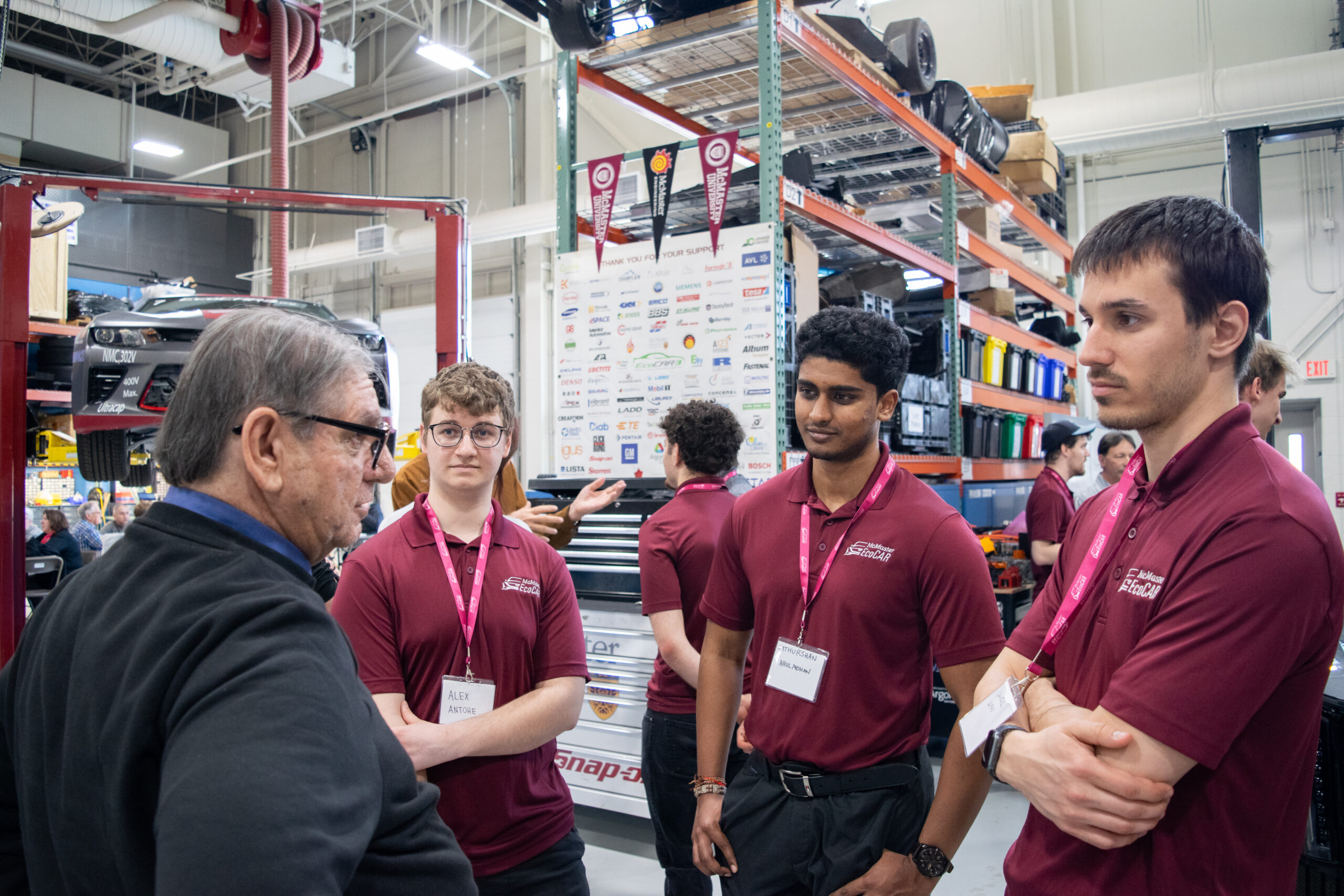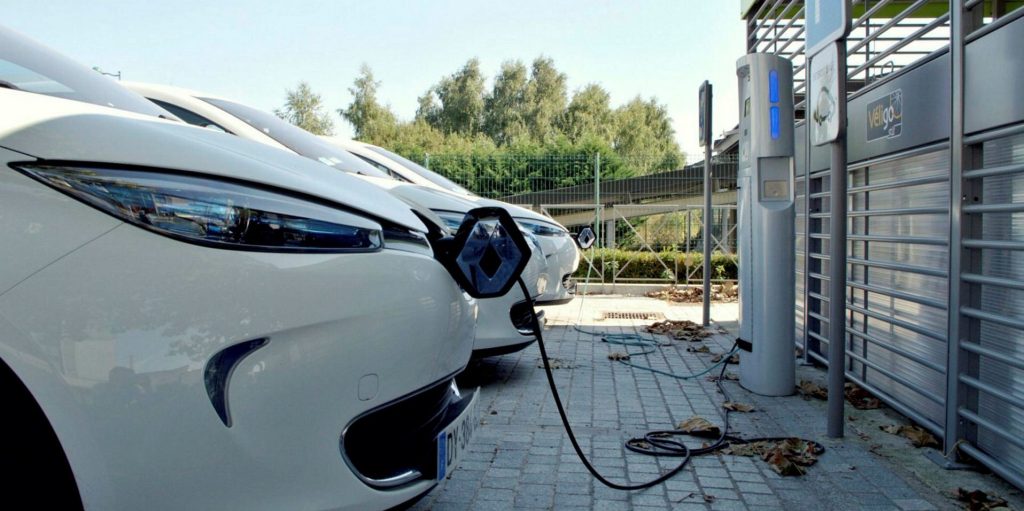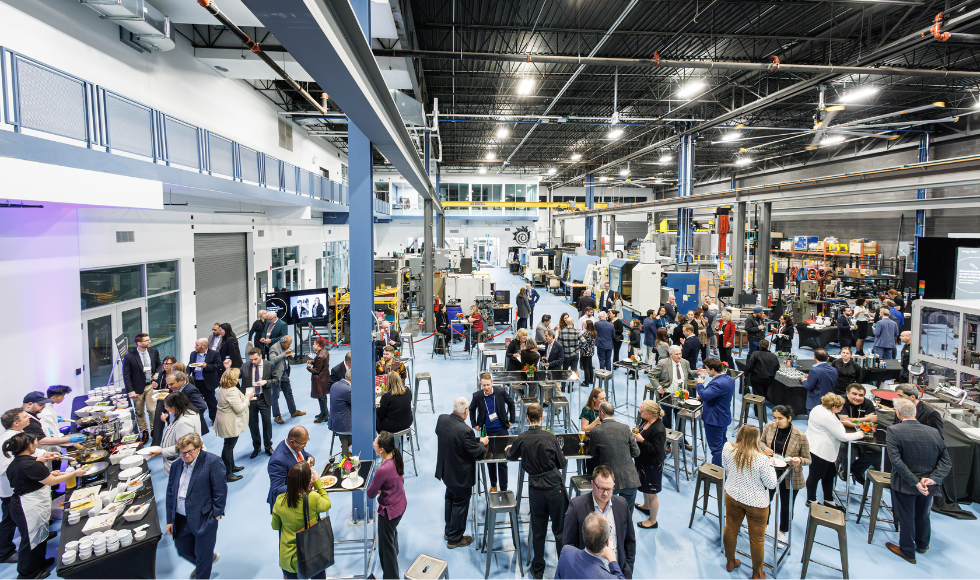Hao Wang received his B.Eng. and M.S. in mechanical engineering from the Beijing Institute of Technology, China, in 2019 and 2022, respectively. In September 2022, he joined the McMaster Automotive Resource Centre (MARC) at McMaster University, where he is currently pursuing a Ph.D. in mechanical engineering under the supervision of Dr. Ali Emadi. His research interests include modelling and control of electrified powertrains, with an emphasis on the application deep reinforcement learning (DRL) and machine learning (ML) to energy management systems.
Full Profile
Hao Wang’s interest in natural sciences and engineering technology led him to the Beijing Institute of Technology (BIT), China, in 2015. During his undergraduate studies, he built a solid foundation in advanced mathematics, mechanical design, 3D modeling, theoretical mechanics, automotive theory, electric vehicle configuration, and control theory.
Consistently ranking among the top students in his class, Hao distinguished himself both academically and through extracurricular activities. He participated in engineering competitions such as the Structural Design Challenge, where he developed strong teamwork and a reliable work ethic. His achievements earned him the prestigious National Scholarship for Undergraduate Students and the Beijing Outstanding Undergraduate Student award in 2019.
Upon graduation, Hao was admitted directly into the master’s program at BIT without the need for an entrance examination. He joined the National Engineering Laboratory for Electric Vehicles, where he continued his research on modeling and control of electrified powertrains under the supervision of Dr. Hongwen He. There, he contributed to several key national R&D projects, gaining hands-on experience in electric vehicle modeling, software simulation, and hardware-in-the-loop (HIL) testing. It was during this time that he was first introduced to machine learning (ML) and reinforcement learning (RL) theory.
Through regular discussions with his supervisor and peers, Hao deepened his knowledge of artificial intelligence (AI) and explored the intersection of control systems and intelligent algorithms. He applied model predictive control (MPC) techniques and deep reinforcement learning (DRL) algorithms to improve energy-efficient control strategies for electric vehicles. His research resulted in two publications in international journals, and he was once again recognized with the National Scholarship for Graduate Students and the Beijing Outstanding Graduate Student award.
In September 2022, Hao joined Dr. Ali Emadi’s research team at the McMaster Automotive Resource Centre (MARC), where he is currently pursuing a Ph.D. in mechanical engineering. His research continues to bridge theory and application in the field of electrified transportation, with a focus on modeling and control of electrified powertrains, and the use of DRL and ML for advanced energy management systems that prioritize efficiency, performance, and safety.

